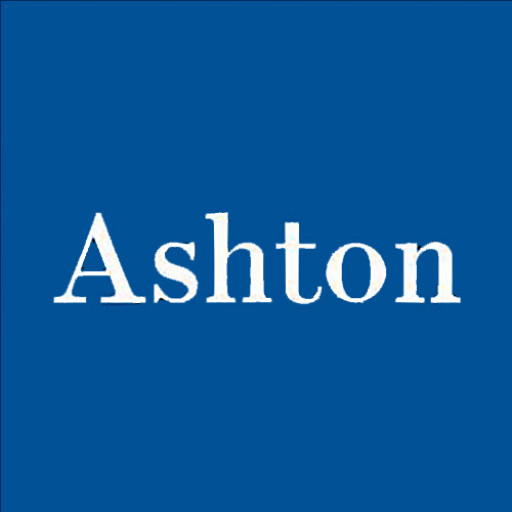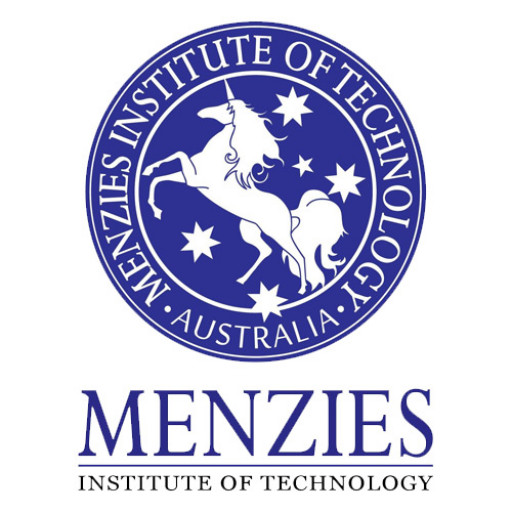This qualification reflects the role of individuals who perform a range of tasks on a variety of diesel engines and associated systems from the automotive industry, repair and service industry.No certification, legislative or certification requirements apply to the qualification during the time of publication.
Automotive Diesel Engine Technology program at Ashton College provides comprehensive training designed to equip students with the essential skills and knowledge required for a successful career in the automotive industry specializing in diesel engine systems. This program covers a wide range of topics, including the fundamentals of diesel engines, their design, operation, and maintenance. Students will learn about different types of diesel engine components such as fuel injection systems, combustion processes, cooling and lubrication systems, and exhaust after-treatment technologies. The curriculum emphasizes practical skills through hands-on training, enabling students to diagnose, repair, and maintain diesel engines effectively.
Throughout the program, emphasis is placed on safety procedures, environmental regulations, and industry standards, ensuring graduates are prepared to meet current demands in the automotive sector. Students will also receive instruction on the use of diagnostic tools and computerized testing equipment, which are essential for modern automotive diagnostics. The program includes modules on engine rebuild procedures, troubleshooting techniques, and preventive maintenance strategies.
In addition to technical skills, students will develop critical thinking and problem-solving abilities necessary to analyze engine performance issues and implement effective solutions. The program prepares students for certification examinations and provides mentorship opportunities with industry professionals. Graduates of the Automotive Diesel Engine Technology program are well-equipped to pursue careers in various settings, including automotive repair shops, service centers, fleet maintenance, and manufacturing industries. By completing this program, students will gain the competencies needed to excel in a dynamic and evolving automotive field, ensuring they are prepared for the technological advancements and environmental considerations shaping the industry today and in the future.
The Automotive Diesel Engine Technology program at Ashton College requires applicants to meet specific admission criteria to ensure they possess the foundational skills and knowledge necessary for success in this specialized field. Prospective students must typically hold a high school diploma or equivalent, such as a General Education Development (GED) certificate, demonstrating their academic readiness. Prior mechanical or technical experience is highly advantageous, as it provides a solid foundation for understanding complex diesel engine systems and maintenance procedures. Applicants are often expected to submit official transcripts from previous educational institutions, showcasing their academic history and preparedness for technical coursework.
Furthermore, prospective students may need to complete an application form, pay an application fee, and submit a personal statement or letter of intent outlining their motivation for pursuing the program and career goals within the automotive industry. Some programs at Ashton College also require applicants to undergo an interview or assessment to evaluate their technical aptitude and commitment to completing the curriculum successfully. English language proficiency is essential, and applicants might need to provide proof of language skills through standardized tests such as TOEFL or IELTS if English is not their first language.
In addition to the initial admission requirements, applicants should demonstrate good physical health and the ability to perform hands-on tasks, including working with tools and machinery. Immunizations or health clearances may be recommended to ensure safety and compliance with laboratory and workshop activities. The program emphasizes both theoretical knowledge and practical skills, so students should be prepared to engage in classroom instruction, laboratory sessions, and supervised automotive shop work. Some courses may have prerequisite modules or foundational courses in automotive technology or general mechanics, which applicants should complete or be prepared to undertake during the program.
Successful applicants are expected to adhere to all college policies and maintain satisfactory academic progress throughout the duration of the program. This includes participating in all scheduled classes, completing assignments on time, and passing assessments to meet the competency standards established by Ashton College. Graduates of the Automotive Diesel Engine Technology program will be equipped with the skills necessary to diagnose, repair, and maintain diesel engines in various vehicles and machinery, facilitating their entry into a dynamic and growing automotive service industry.
The financing options for the Automotive Diesel Engine Technology program at Ashton College include a variety of pathways designed to make education accessible and affordable for students. Prospective students can explore federal and provincial funding opportunities, such as government student loans and grants, which are available based on eligibility criteria like residency status, income level, and academic progress. The college also offers payment plans that allow students to spread the cost of tuition over several months, thereby easing the financial burden and enabling more students to pursue their career goals without upfront financial strain.
Additionally, there are scholarship opportunities available through Ashton College, awarded based on academic achievement, financial need, or specific criteria related to the program. Students are encouraged to apply early and provide necessary documentation to be considered for these scholarships, which can substantially reduce tuition costs. The college also provides guidance and resources to help students identify external funding sources, including private bursaries and industry-specific sponsorships, which may be available to those entering the automotive technology field.
For international students, financing options may include private loans and external scholarship programs. The college's financial aid office offers counseling to help international students understand their options, navigate application procedures, and meet deadlines. Furthermore, some students may be eligible for work-study opportunities, enabling them to gain practical experience while earning income to support their studies.
It is recommended that prospective students contact the Ashton College financial aid office directly to obtain detailed and personalized information regarding available funding options, application procedures, and important deadlines. By utilizing available financial aid programs and planning carefully, students can make the investment in their education more manageable and focus on developing the skills necessary for a successful career in automotive diesel engine technology.
The Automotive Diesel Engine Technology program at Ashton College is a comprehensive course designed to equip students with the essential skills and knowledge required for pursuing a career in diesel engine repair and maintenance. This program provides an in-depth understanding of the construction, operation, and troubleshooting of diesel engines, which are widely used in commercial vehicles, industrial machines, and transportation sectors. Throughout the coursework, students learn about various components such as fuel systems, ignition systems, electrical systems, and emission control technologies. The curriculum emphasizes practical hands-on training alongside theoretical instruction, ensuring graduates are well-prepared for real-world applications. Students gain experience working with industry-standard tools and diagnostic equipment, fostering the technical competencies necessary to diagnose issues efficiently and perform repairs effectively. The program also covers safety procedures, environmental considerations, and compliance standards vital in modern automotive servicing. Additionally, students are introduced to the latest advancements in engine technology, including advancements in fuel efficiency and emission reduction techniques. The faculty comprises experienced instructors with extensive industry backgrounds, providing mentorship and insights into current automotive practices. Upon completion, graduates can pursue employment opportunities in automotive repair shops, fleet maintenance facilities, or start their careers as diesel engine technicians. The program aims to meet industry demands for skilled diesel engine specialists, contributing to workforce development in automotive and industrial sectors. Overall, the Automotive Diesel Engine Technology program at Ashton College offers a detailed educational experience designed to prepare students for successful careers in the dynamic field of diesel engine technology, ensuring they are industry-ready and capable of adapting to technological advancements in the automotive industry.










